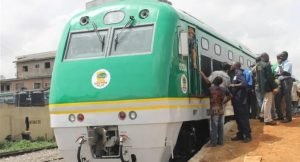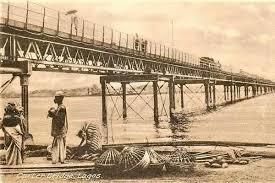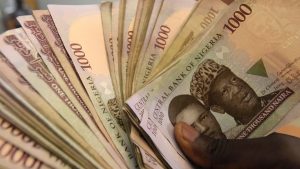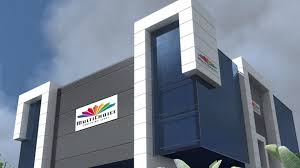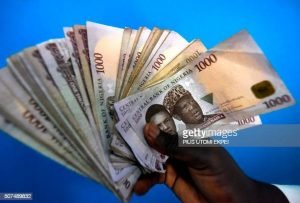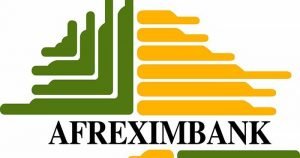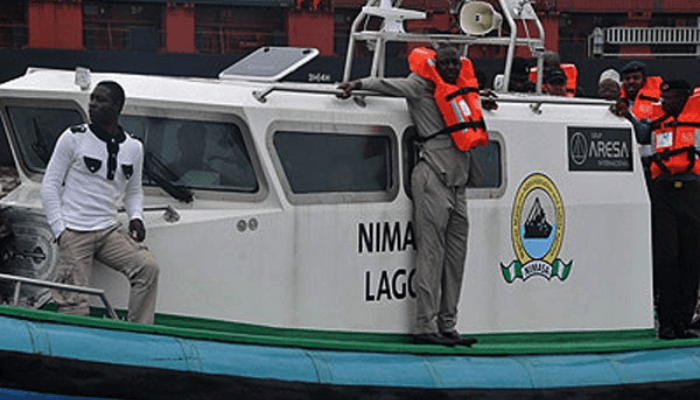
The Director General of, the Nigerian Maritime Administration and Safety Agency (NIMASA), Dr. Bashir Jamoh, has said the agency is driving the $2.5 trillion blue economy market with the disbursement of $720 million Cabotage Vessel Financing Fund (CVFF).
He said this is just as the agency is set to give a maximum of $25 million each to shipowners to purchase ships to provide the 350 million jobs that abound in the blue economy.
This is part of stakeholders’ call for more investment in the blue economy to navigate the economic threat posed by the global phasing out of crude oil during the University of Lagos (UNILAG) Institute of Maritime Studies’ maiden yearly lecture held in Lagos.
The theme was, ‘From Crude to Blue – Nigeria’s Blue Economy: The Imperative of Maritime Domain Awareness and Good Governance’.
Jamoh said the world is working hard to phase out the fossil fuel industry due to the environmental and health impact, thereby putting Nigeria’s crude under a very serious economic threat.
Jamoh said presently, Nigerian National Petroleum Corporation (NNPC) has expressed interest in taking part in the funding of ships that would be acquired by indigenous shipowners using the soon-to-be disbursed CVFF.
He said to achieve this, NNPC offered to provide nine per cent out of the 15 per cent funding to be provided by shipowners as specified in the guidelines for the disbursement of the fund, to enable them to buy new ships.
Jamoh further listed some of the assets the country had that would ensure the utilisation of the blue economy including 853 km coastal line, 8573 km inland waterways, six-port complexes, 21 oil terminals, over 10 jetties, 200 nautical miles of exclusive zones, 200 million population, all consumers and others.
The NIMASA boss said the blue economy provides an economic growth of $2.5 trillion per year, which encompasses all economic activities associated with the oceans, seas, harbors, coastal zones, inland water, rivers, and, lakes among others.
According to him, opportunities in the blue economy that should be invested in include cargo operations, stevedoring services, warehousing/bonded terminals, haulage, shipbuilding, repairs brokerage, handling/management, cargo surveying, tank farms, packaging, marine insurance, bunkering services among others.
Others are fisheries, aquaculture, renewal energy, tourism, climate change, waste management, port development, logistics, and others.
Vice-Chancellor, of the University of Lagos, Prof. Folasade Ogunsola, said the maritime industry is key to the economy as bulk goods are moved mainly through the seaports.
She commended the NIMASA boss on the blue economy initiative, believing that the country would be better off economically and sustainably if everyone focuses more on the sea.
Ogunsola solicited partnerships on maritime interests, especially as regards boat building on the campus, where students can be part of teams from concept design to launching.
She commended NIMASA for the establishment of the Institute of Maritime Studies (IMS) in UNILAG to address the chronic shortage of personnel in the country’s maritime space.

